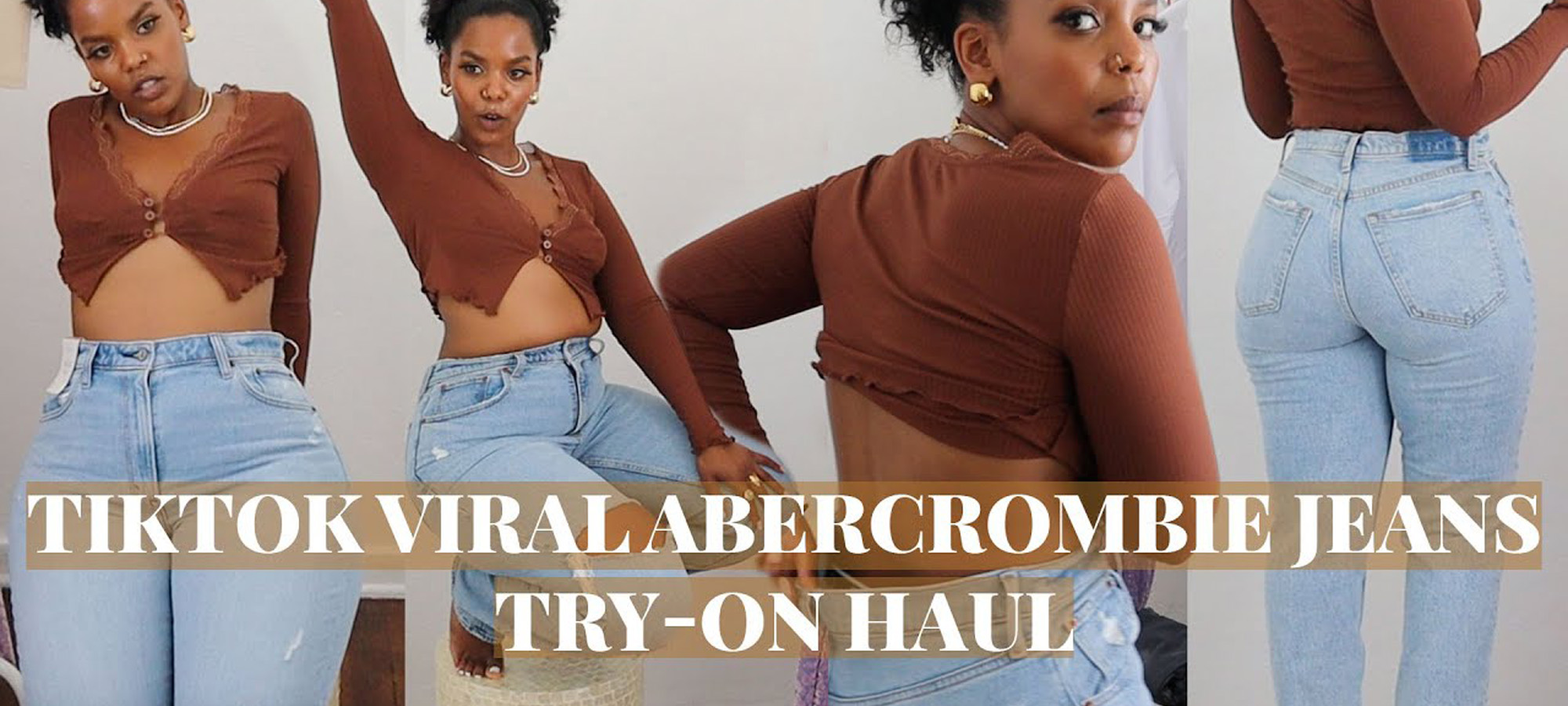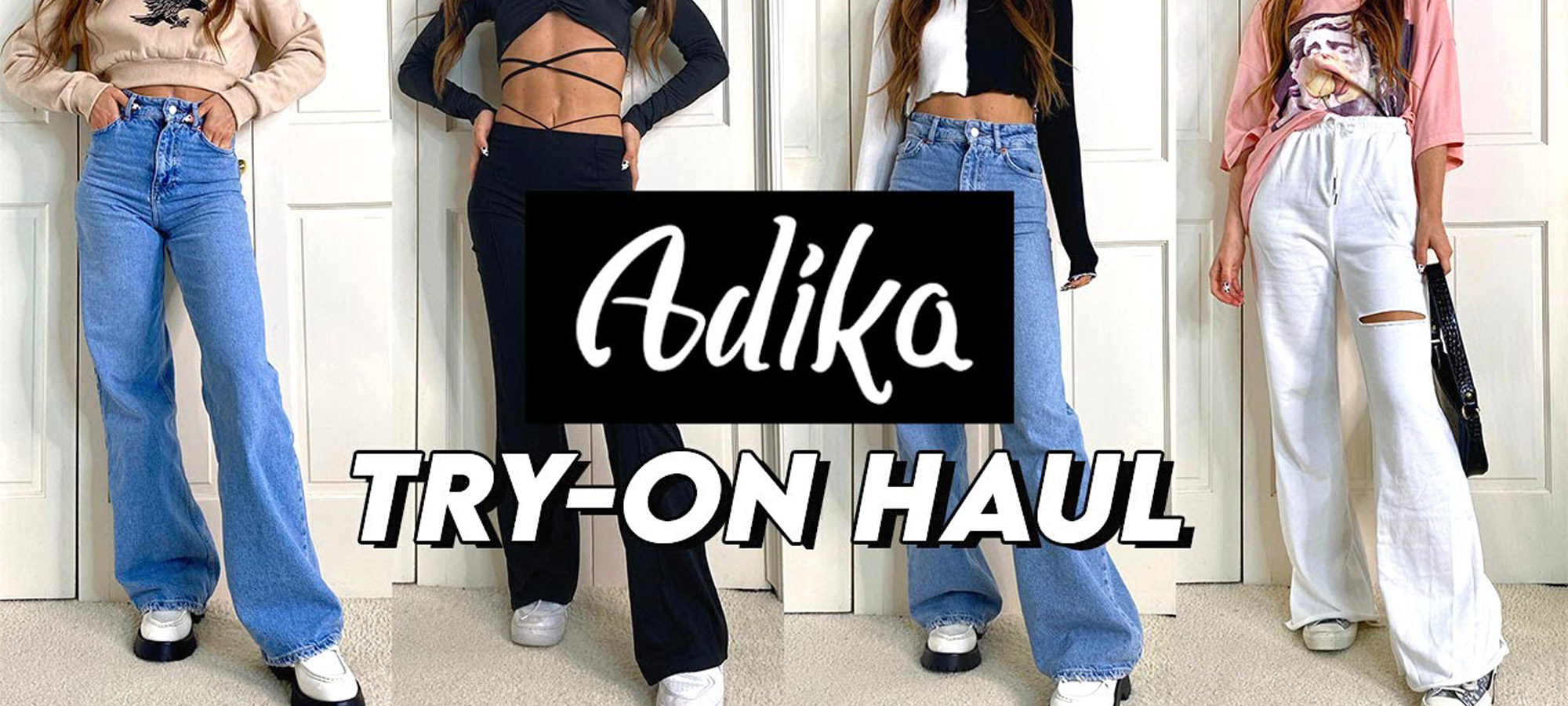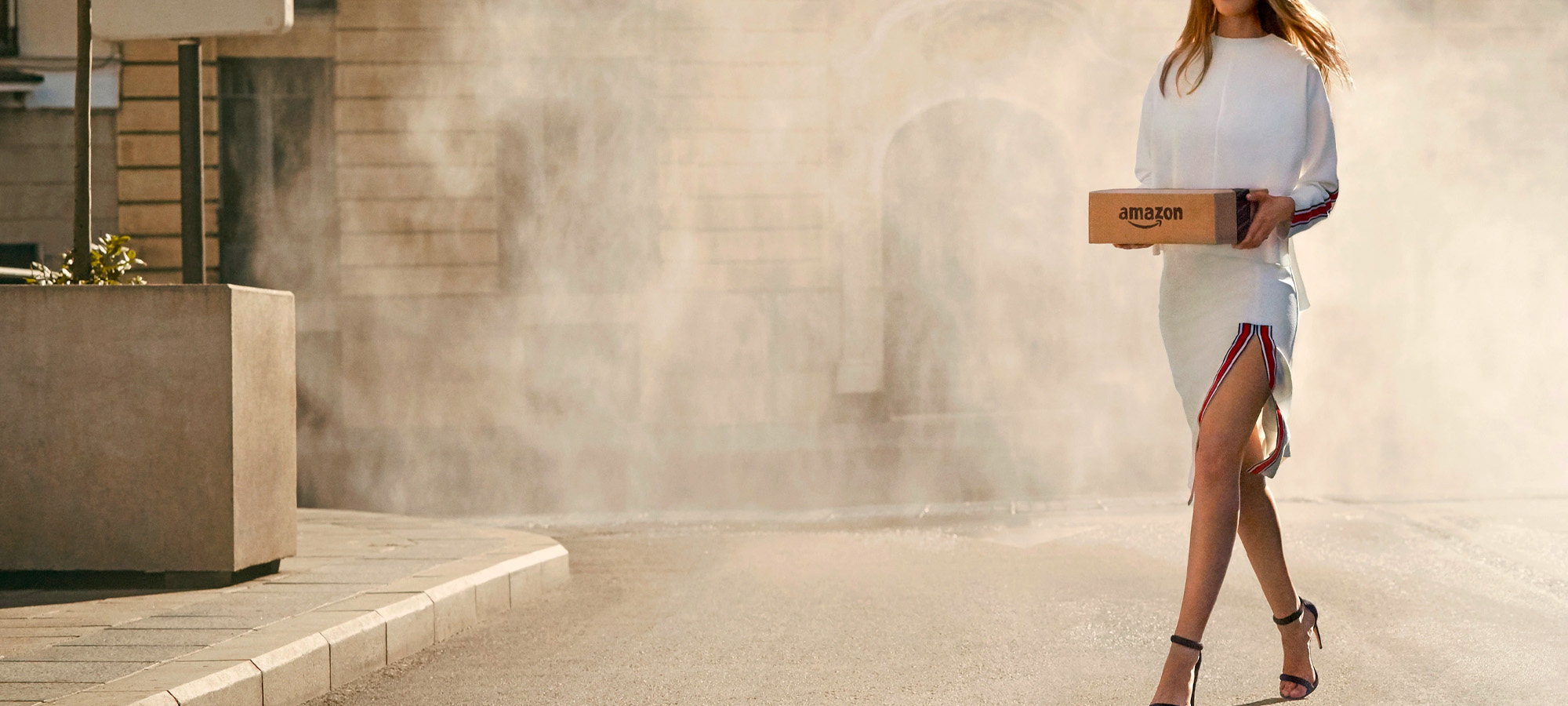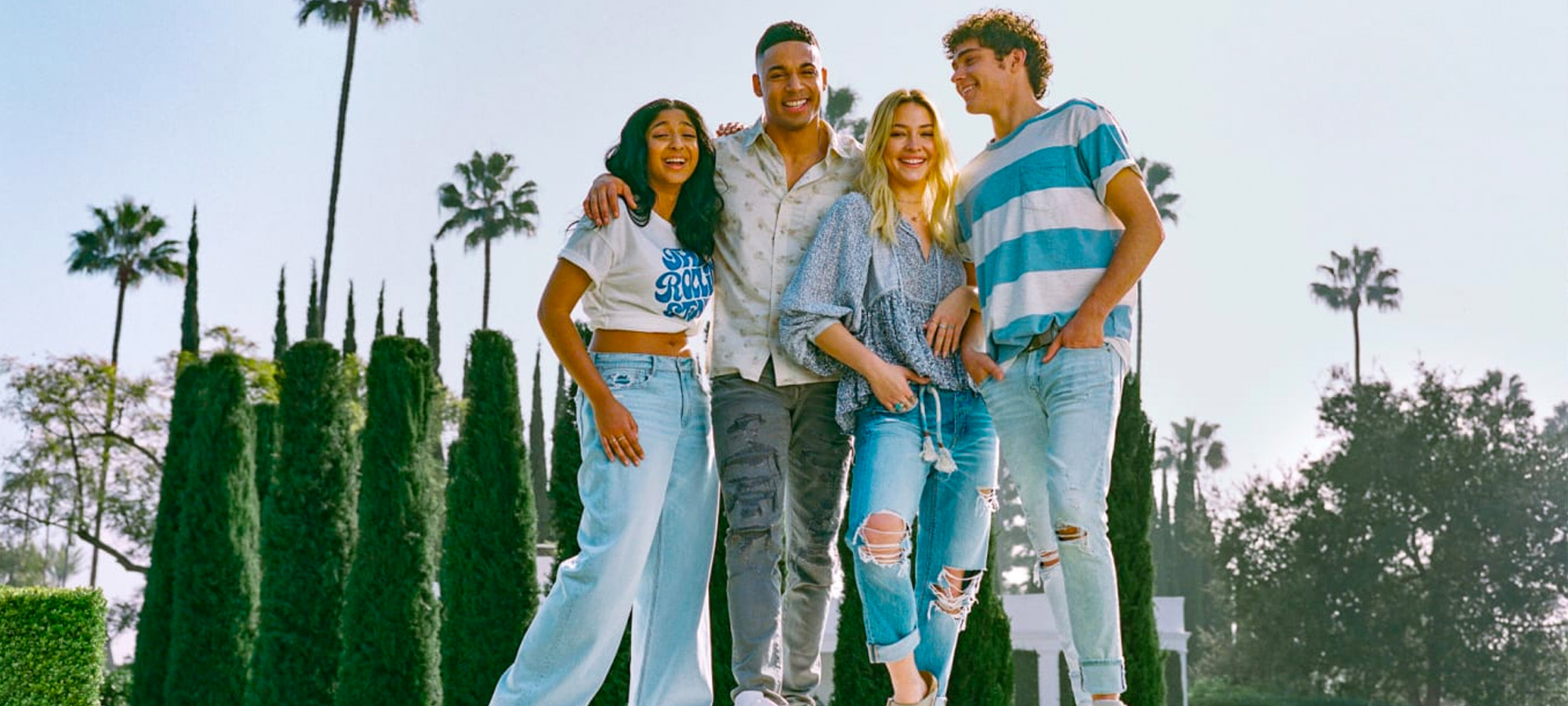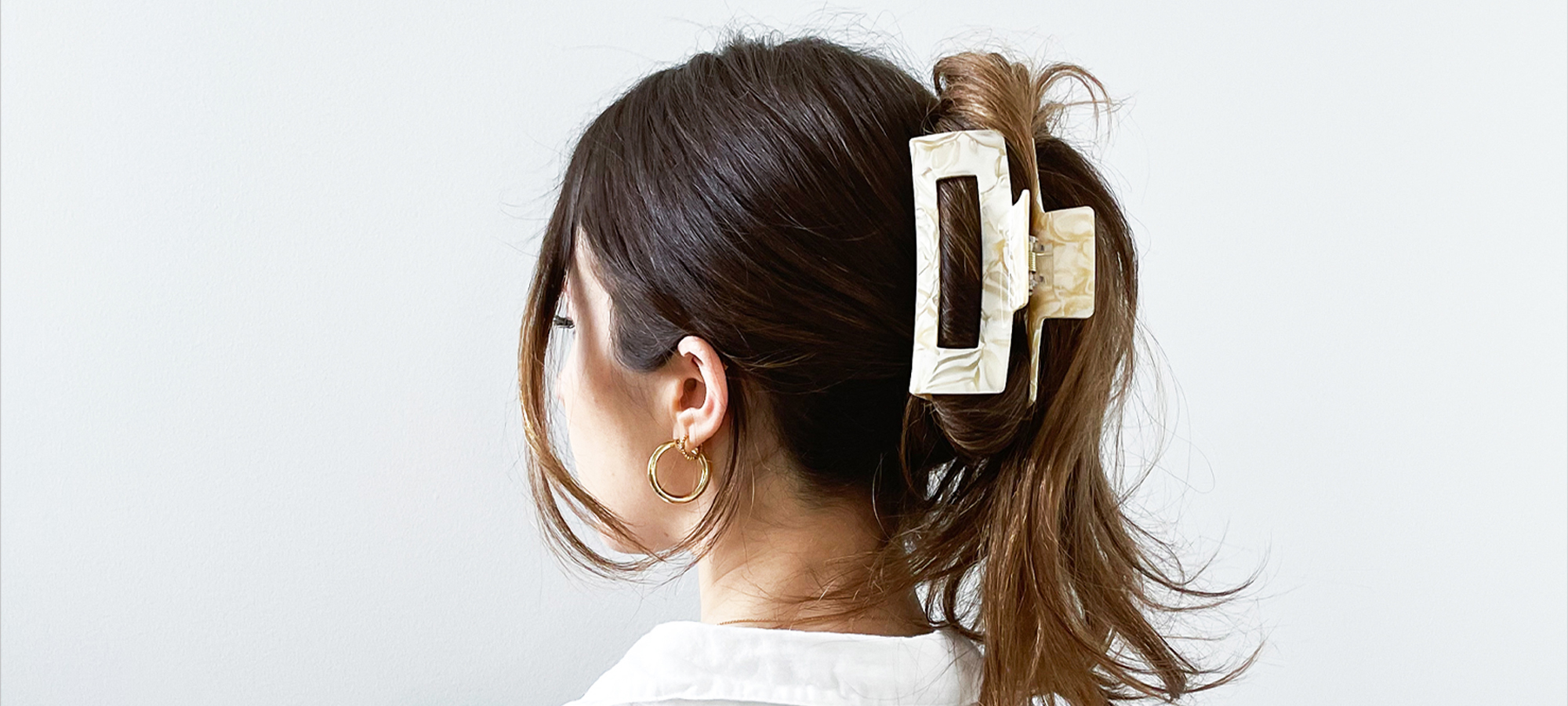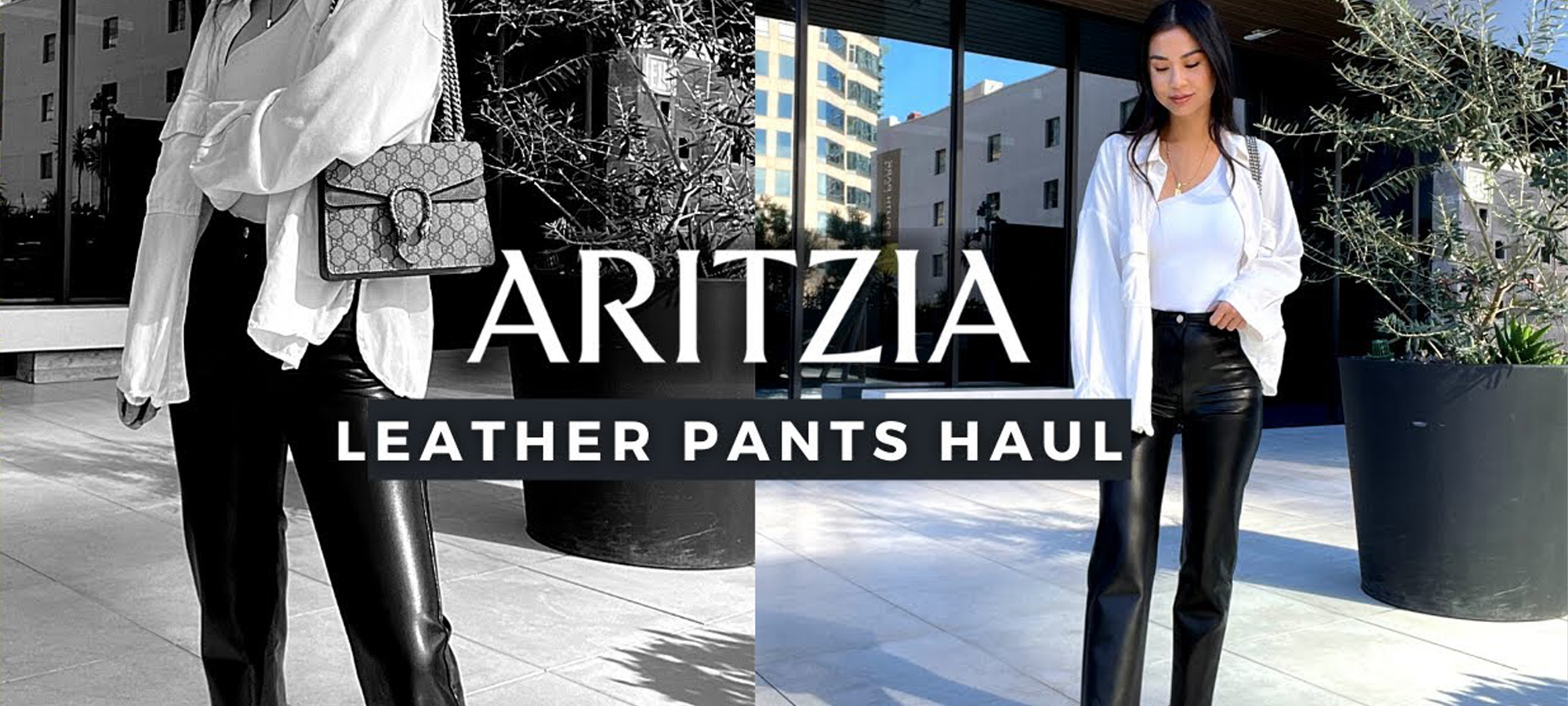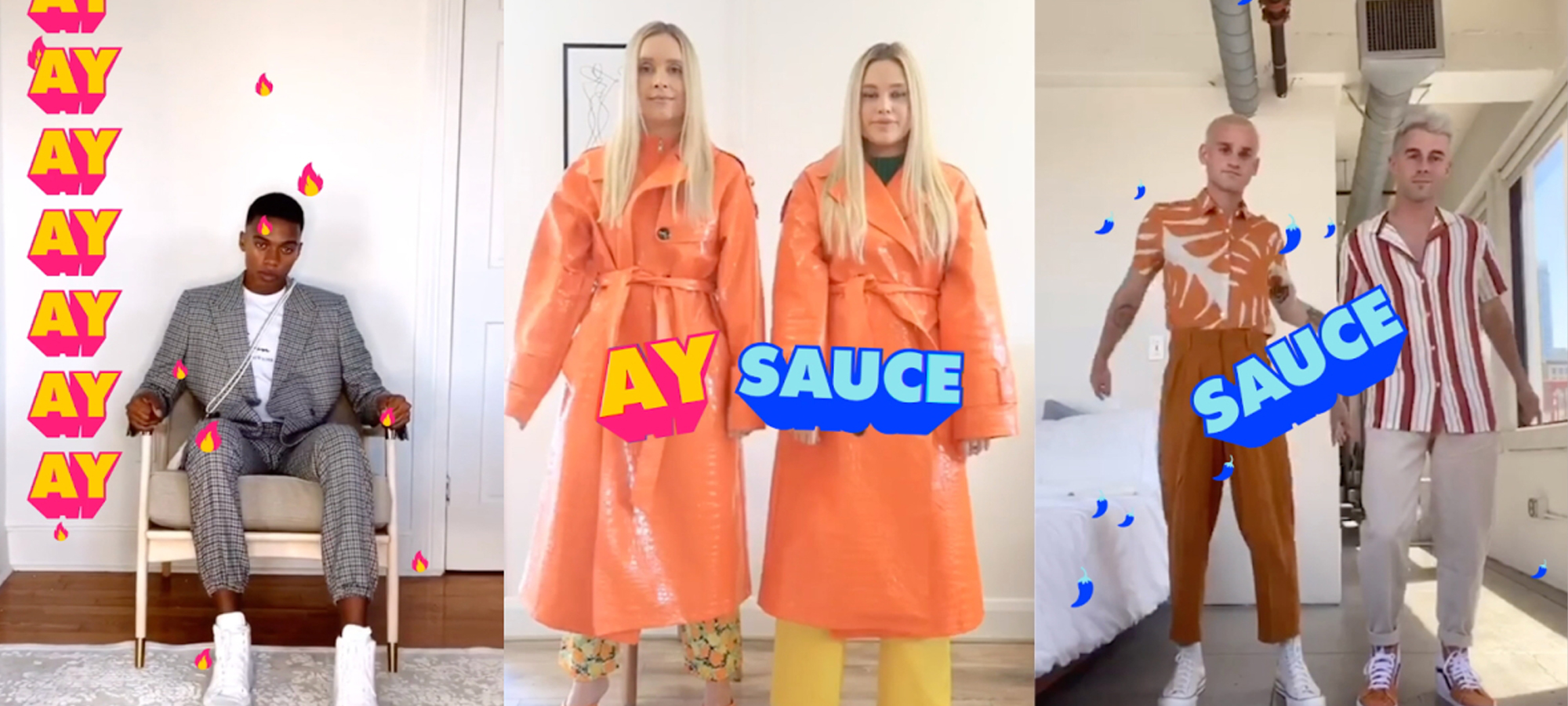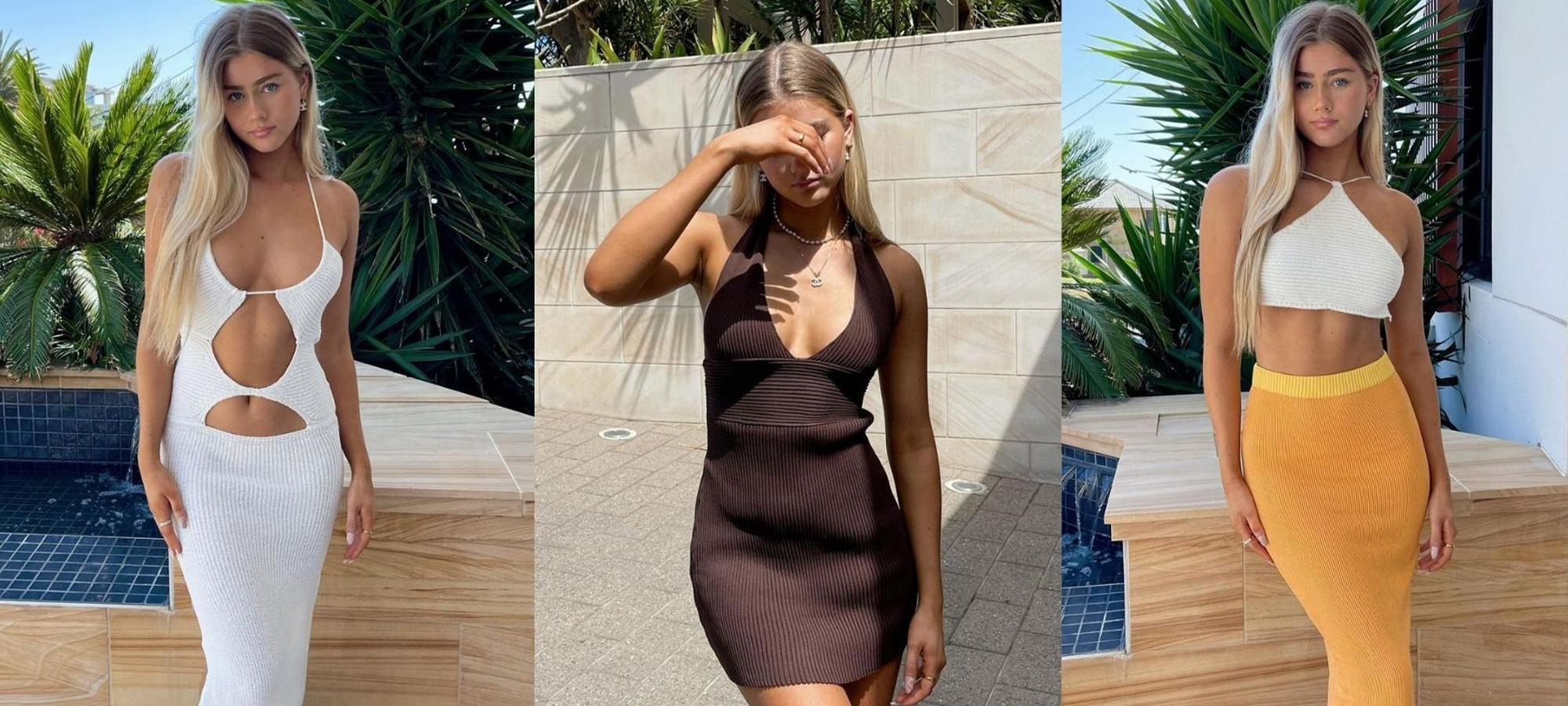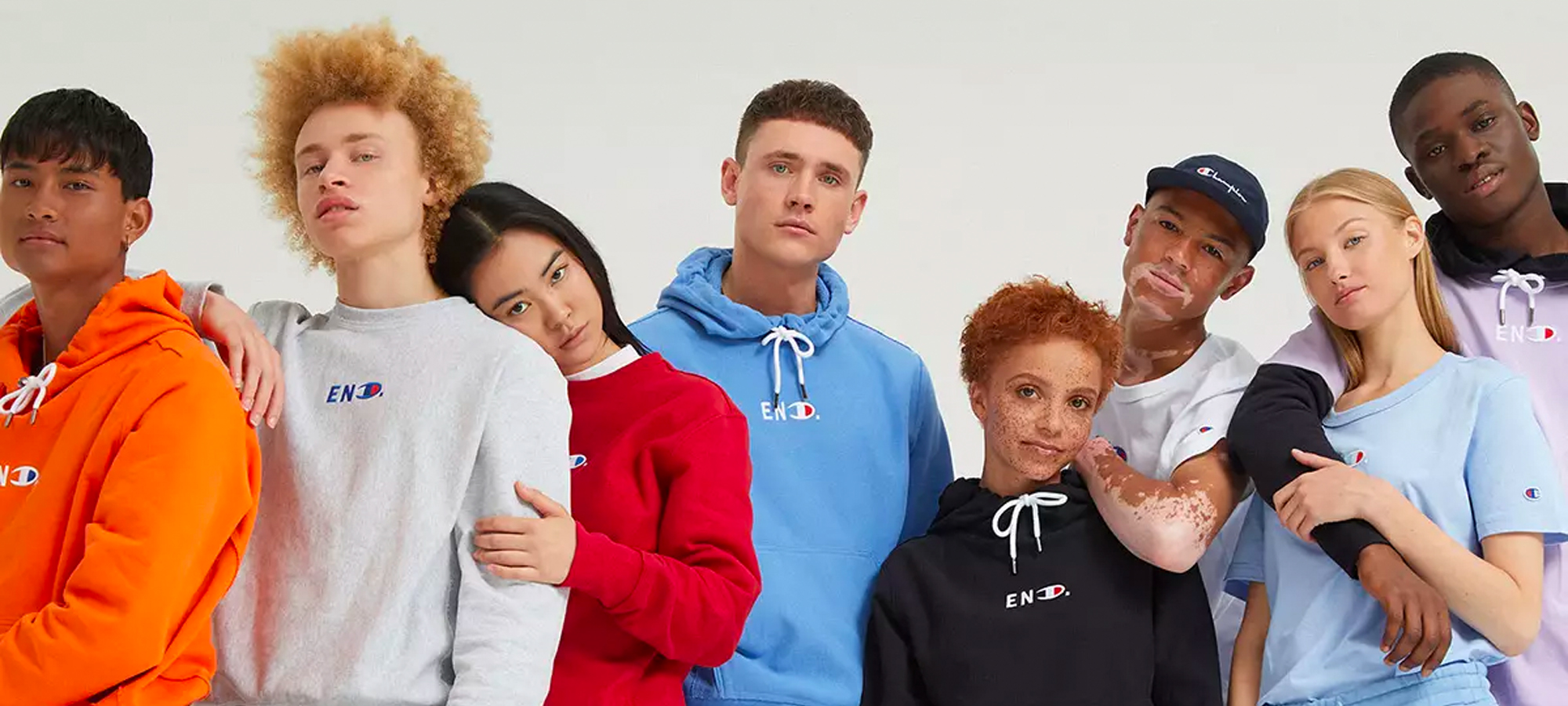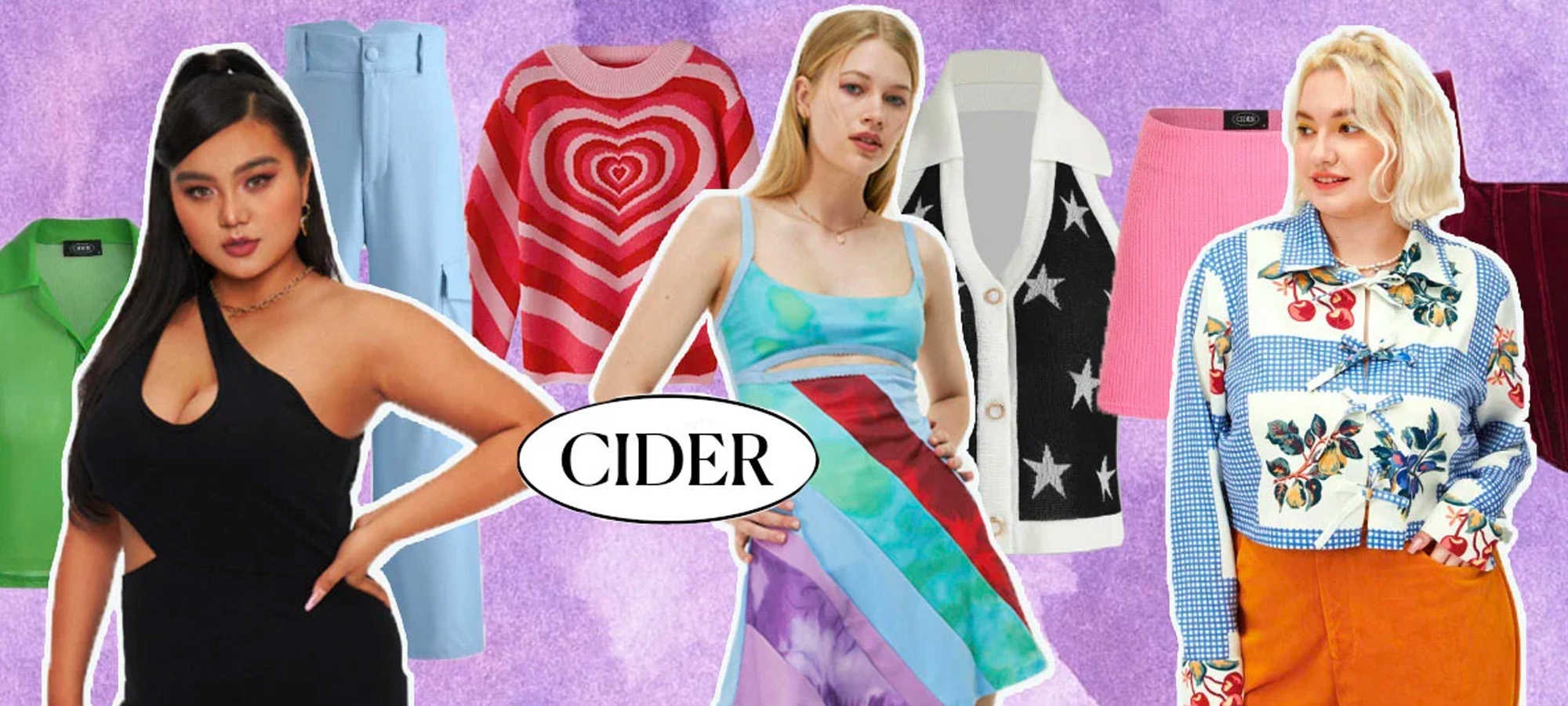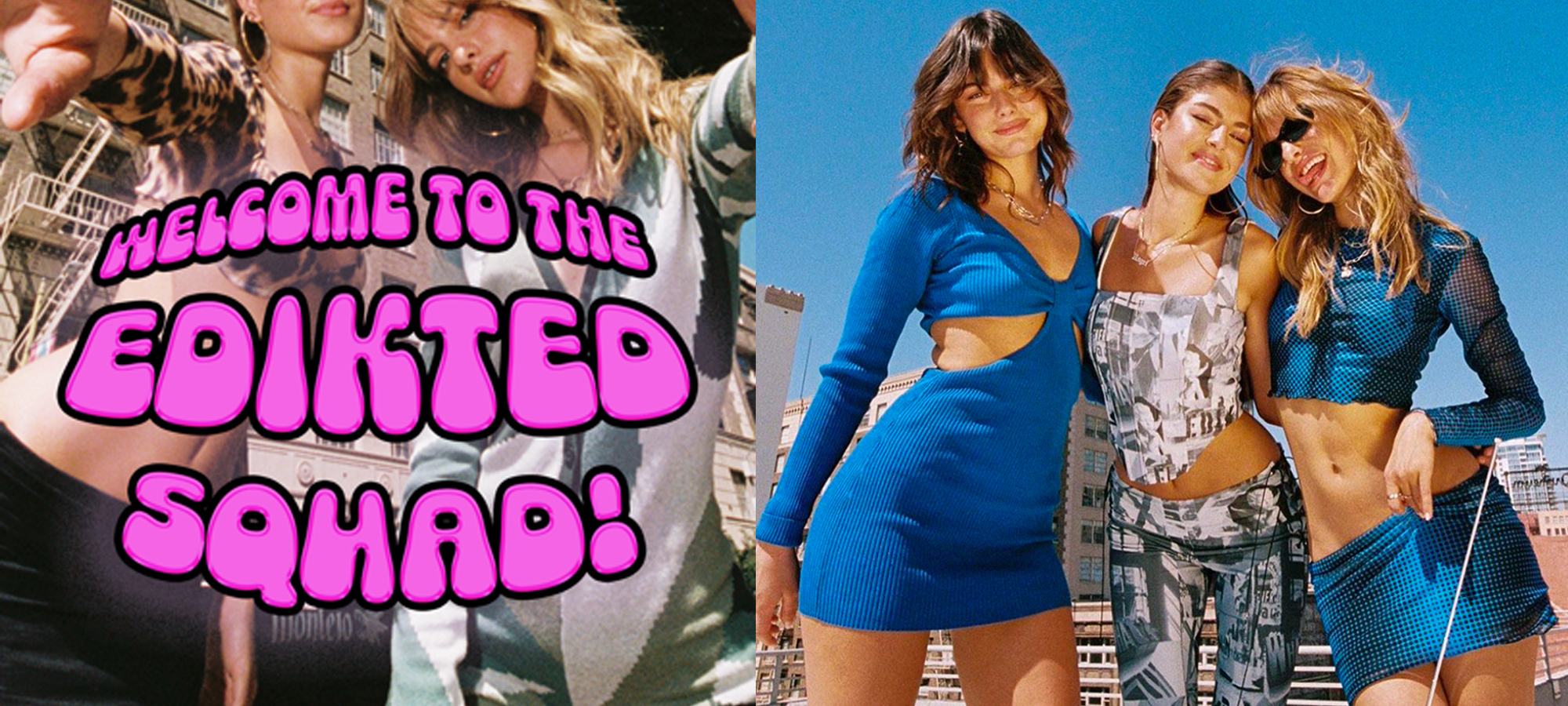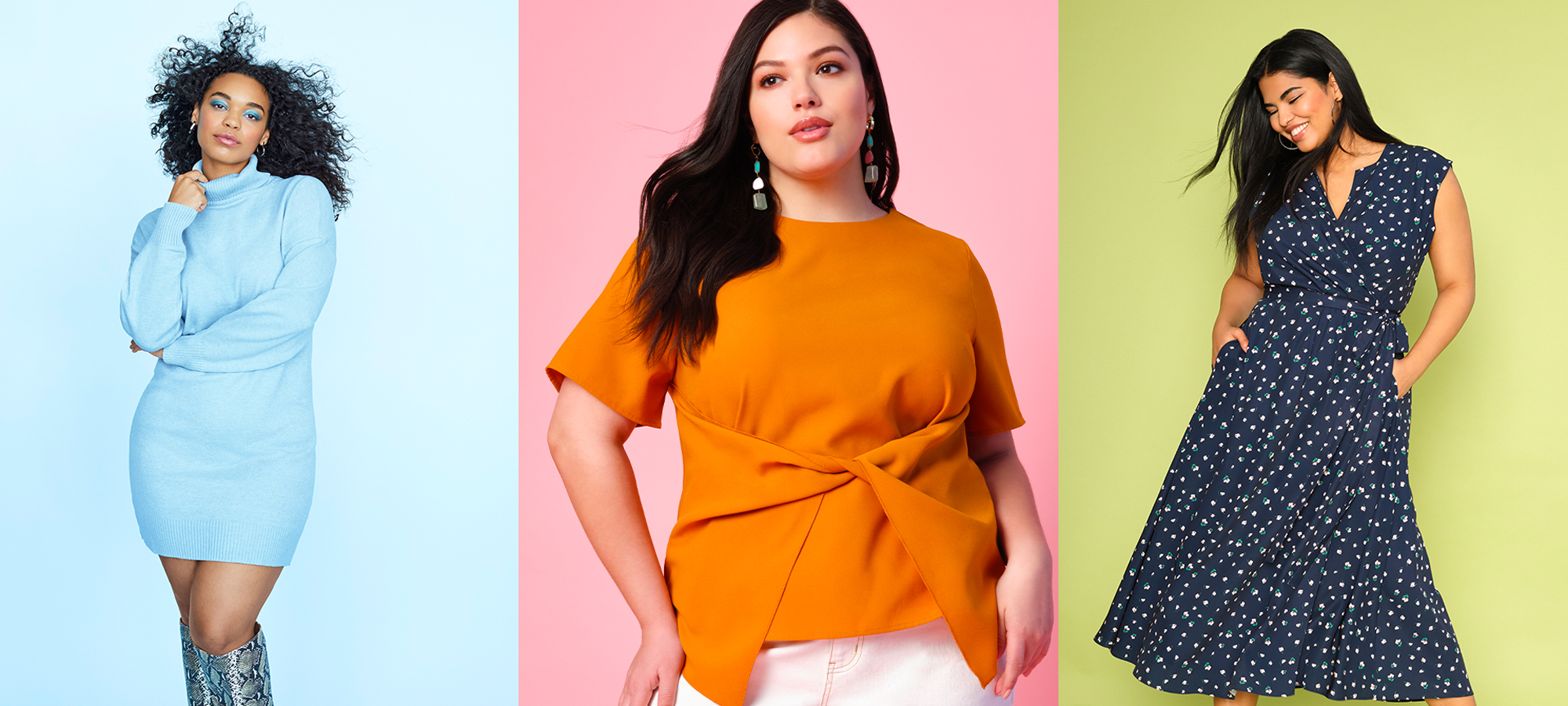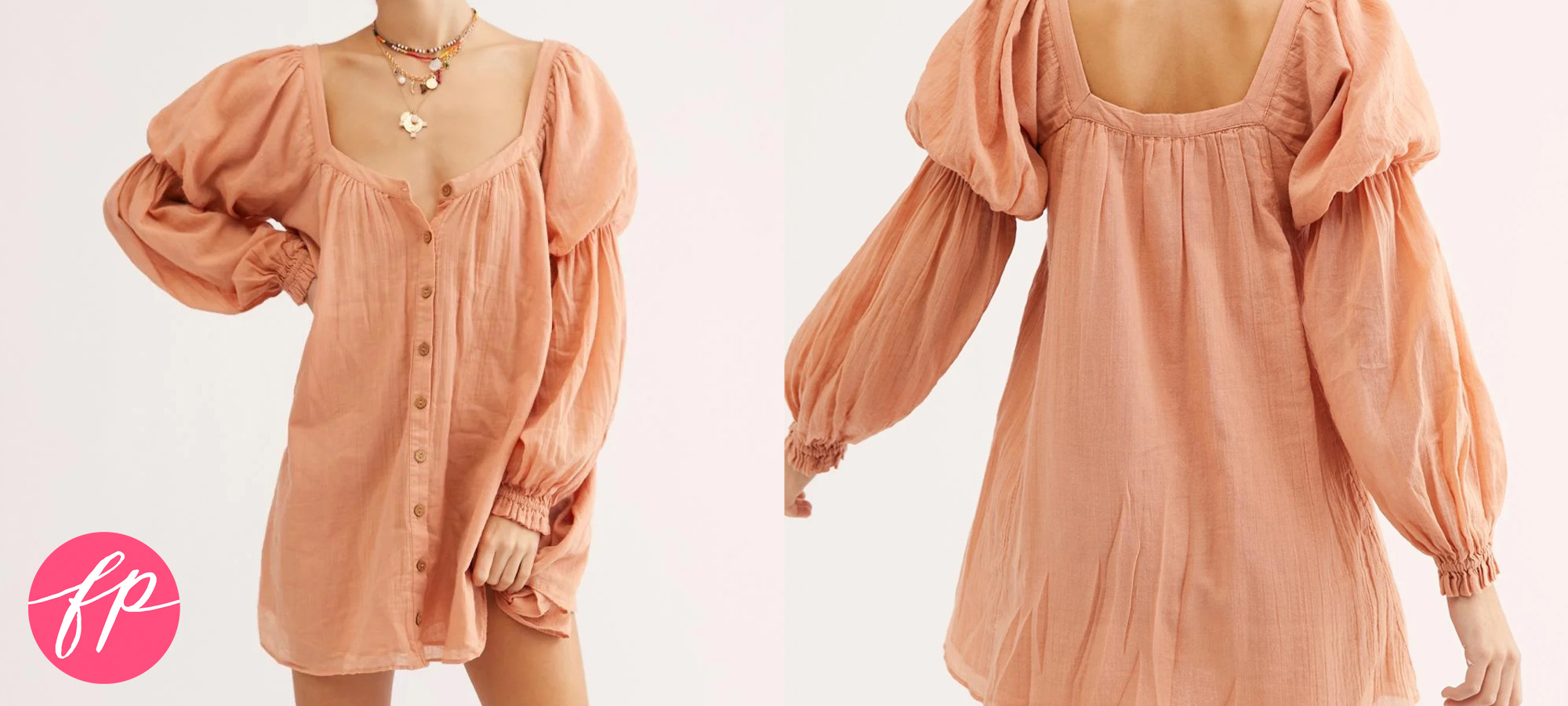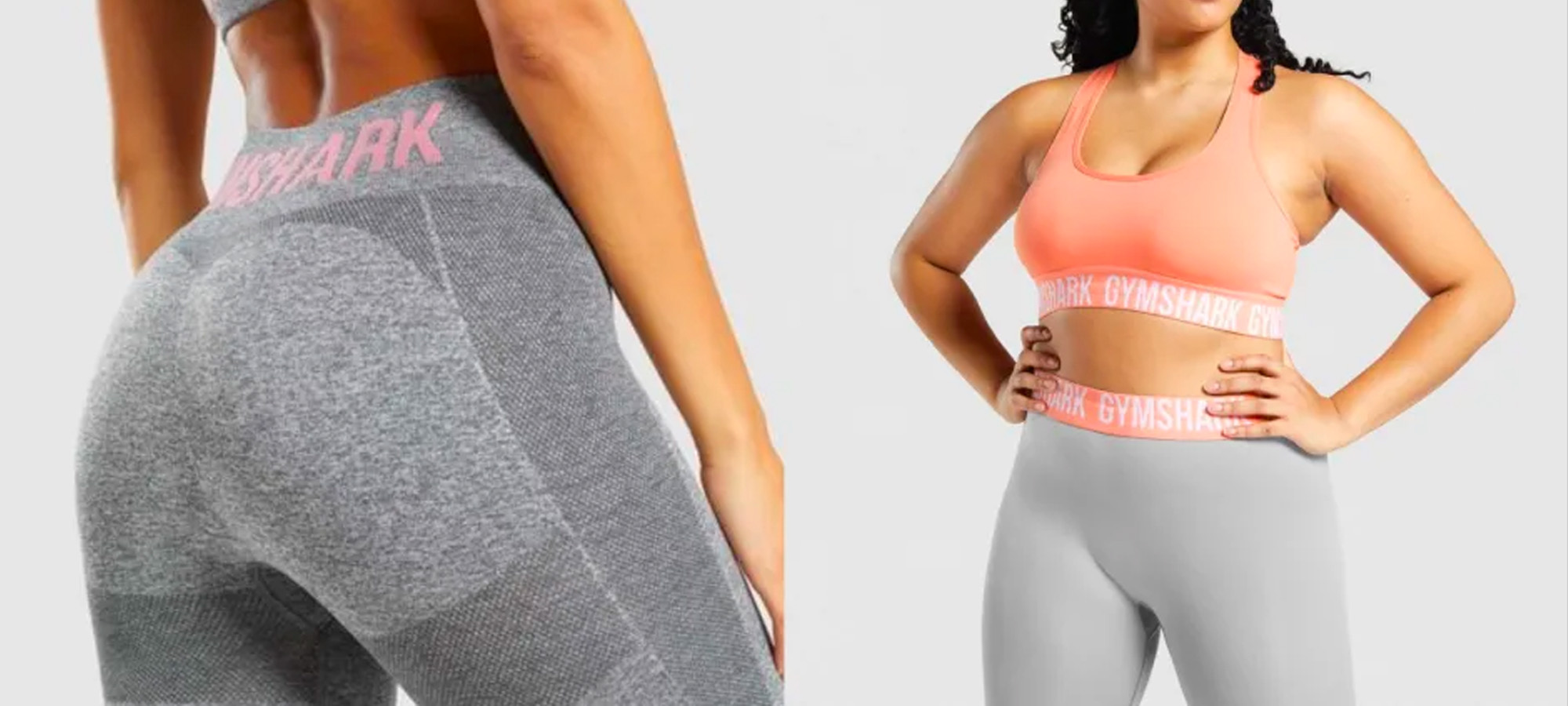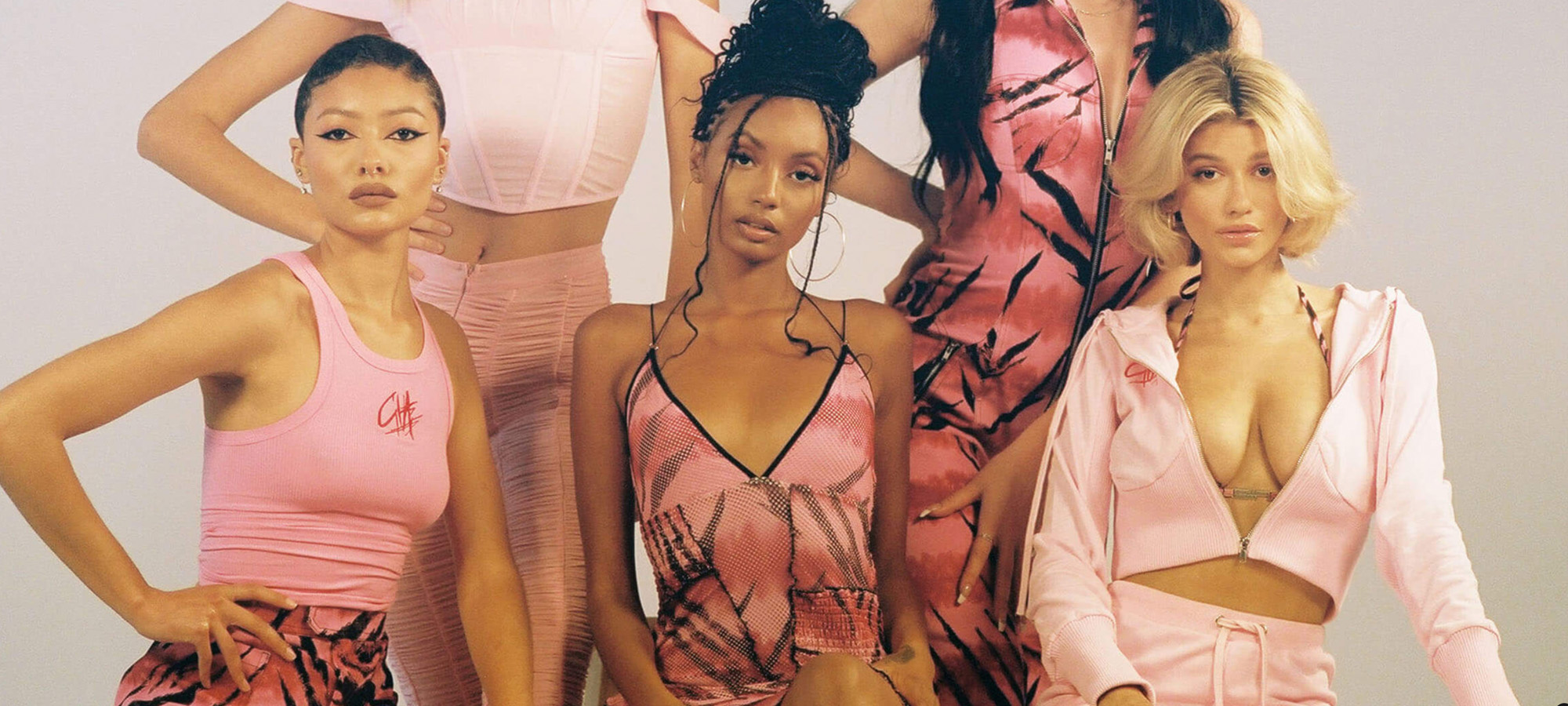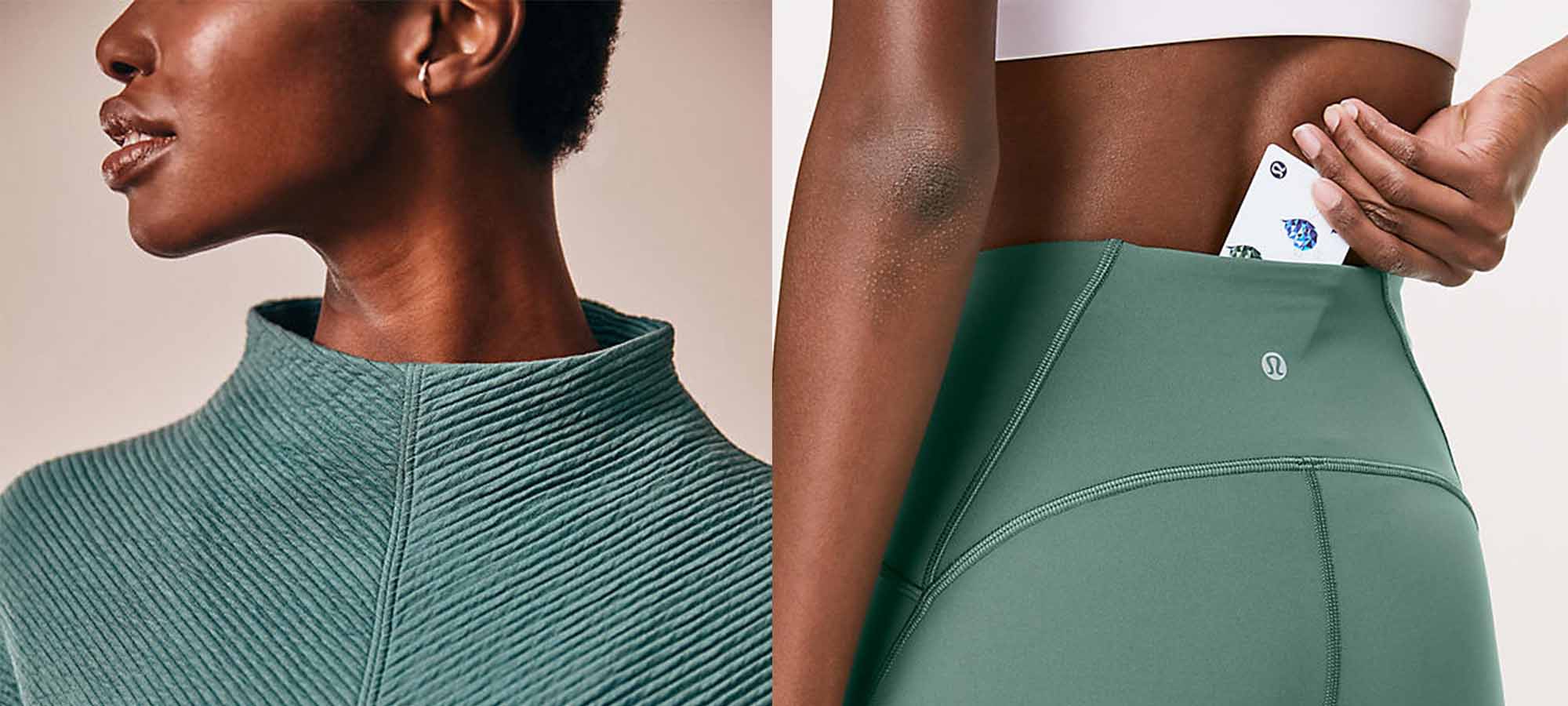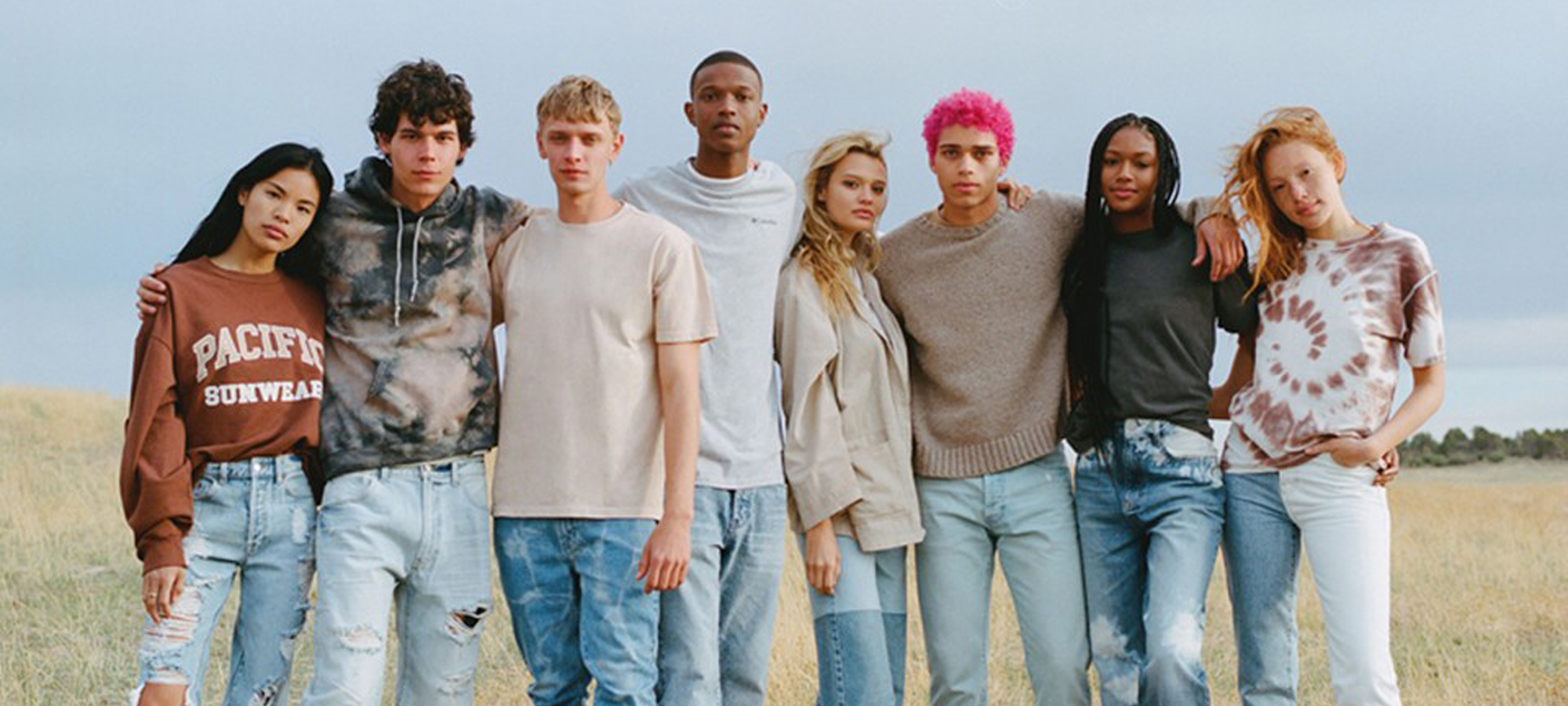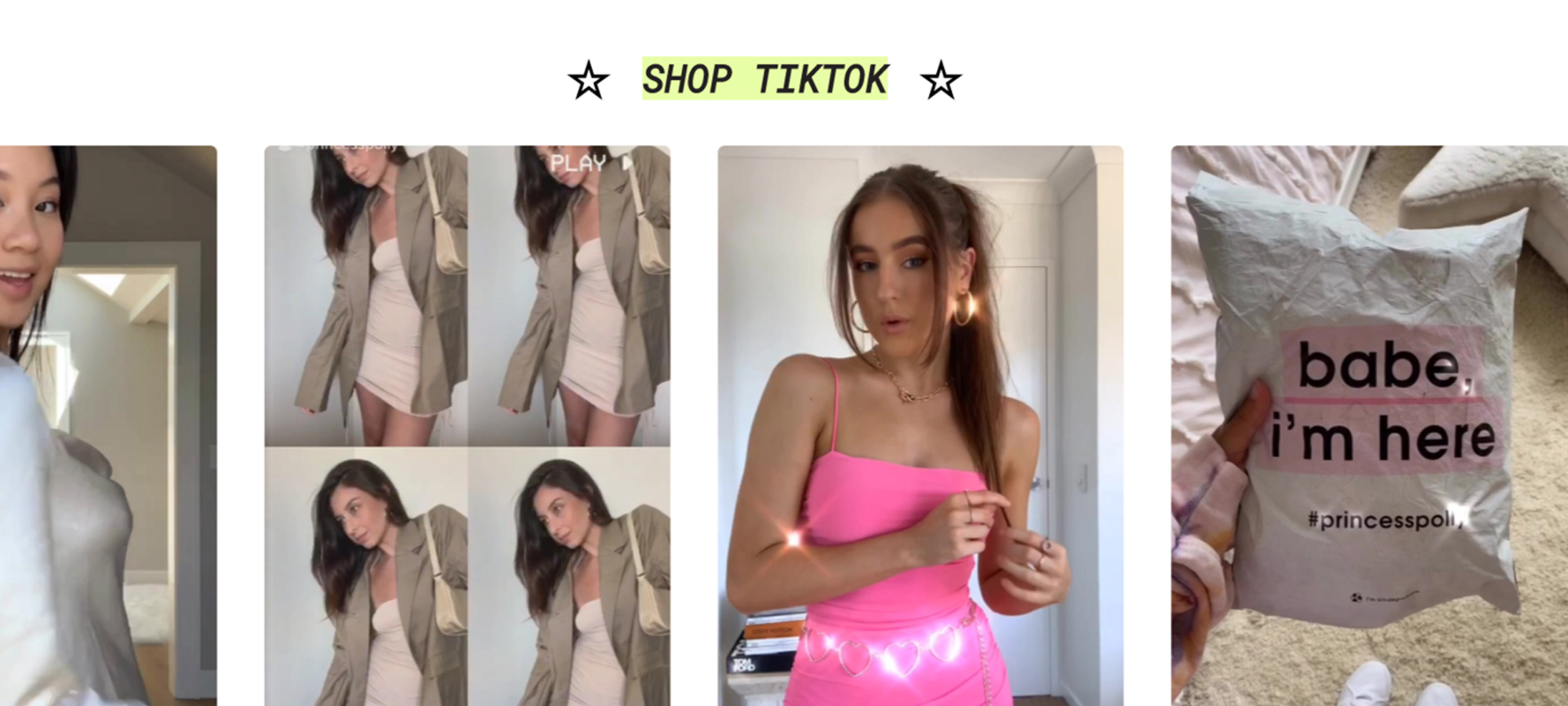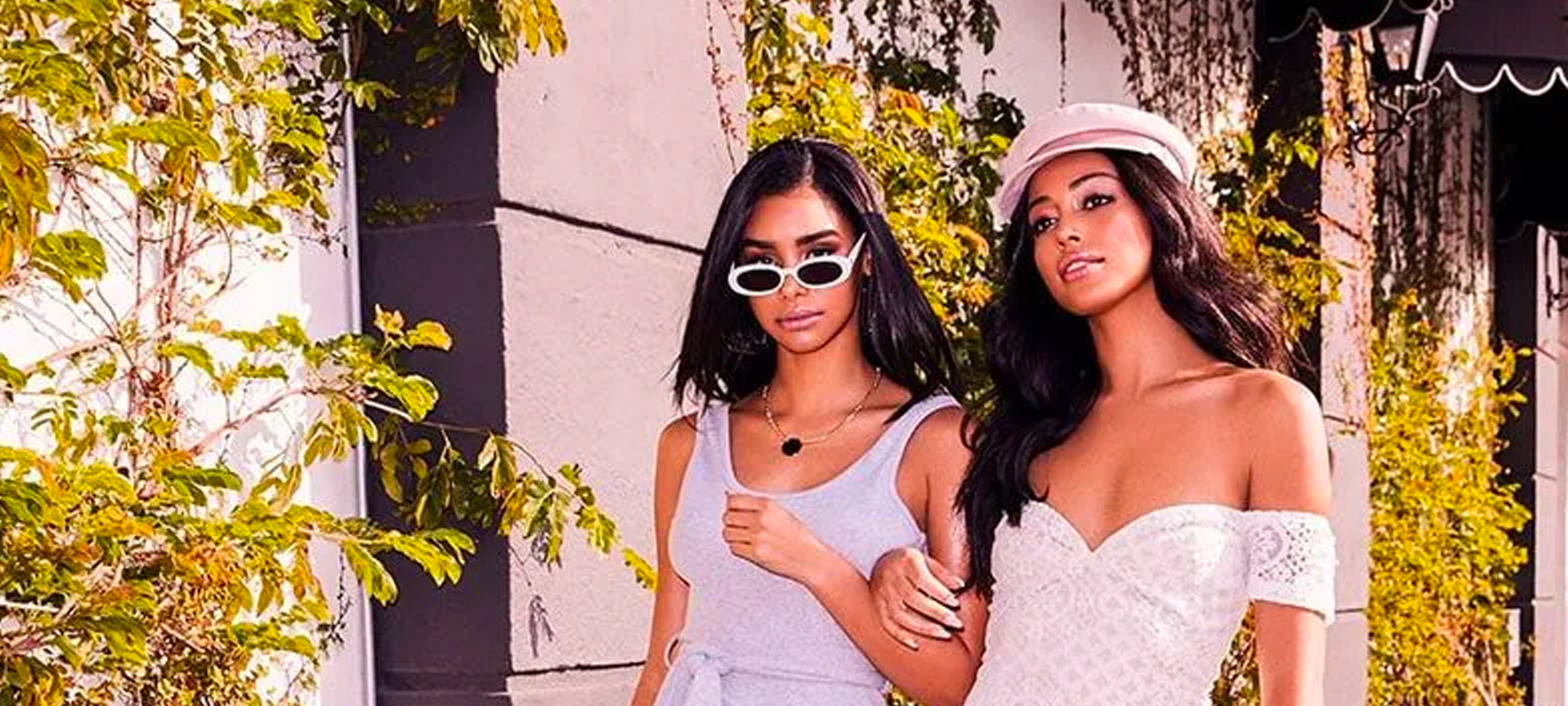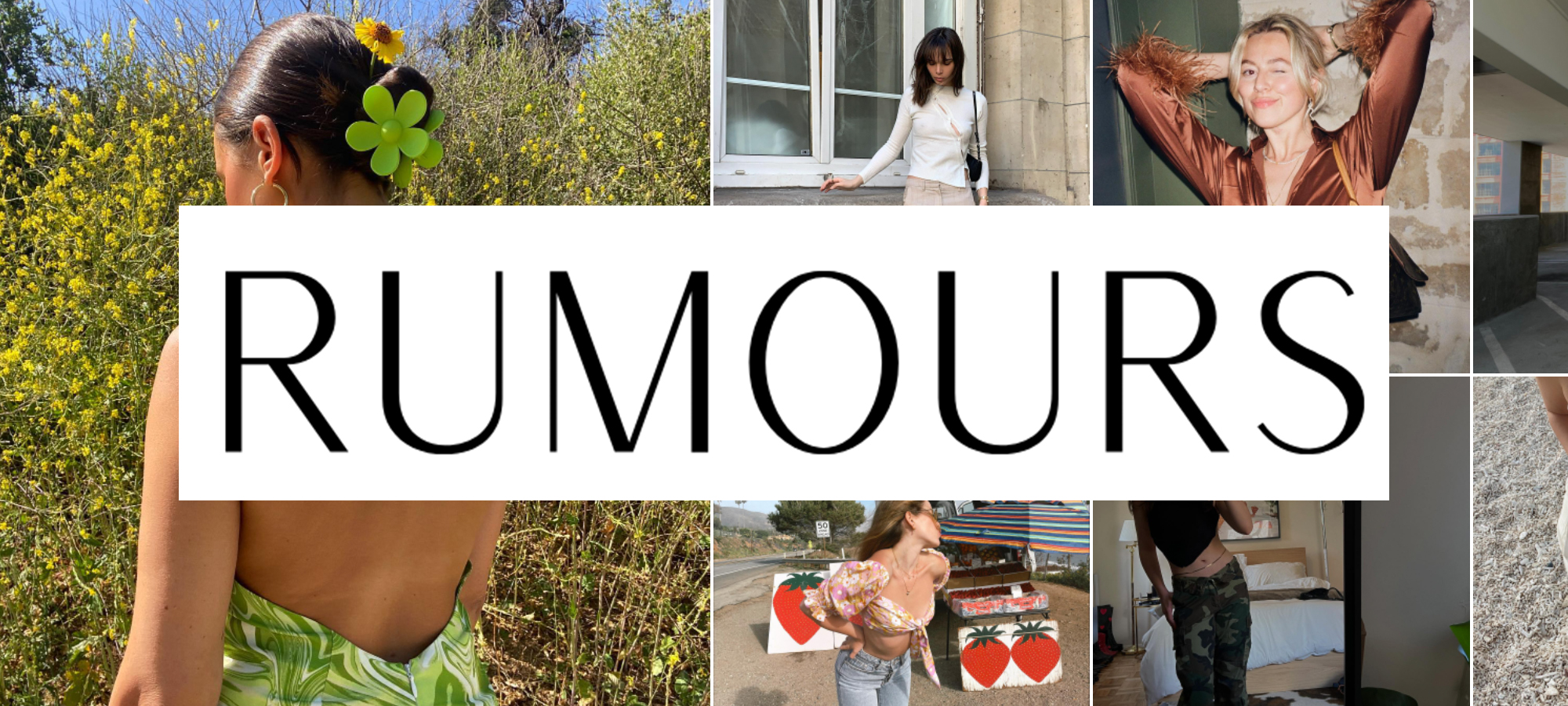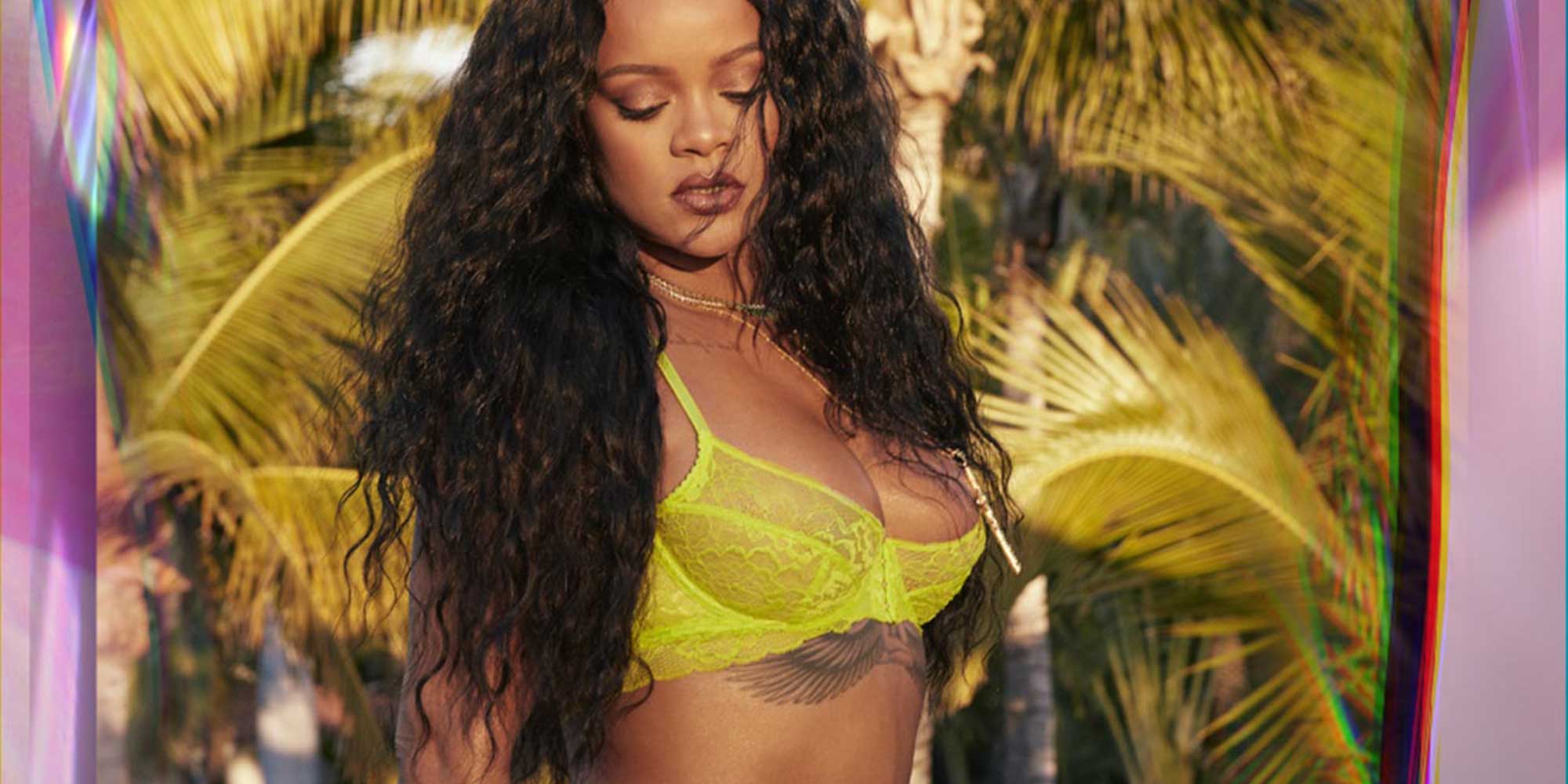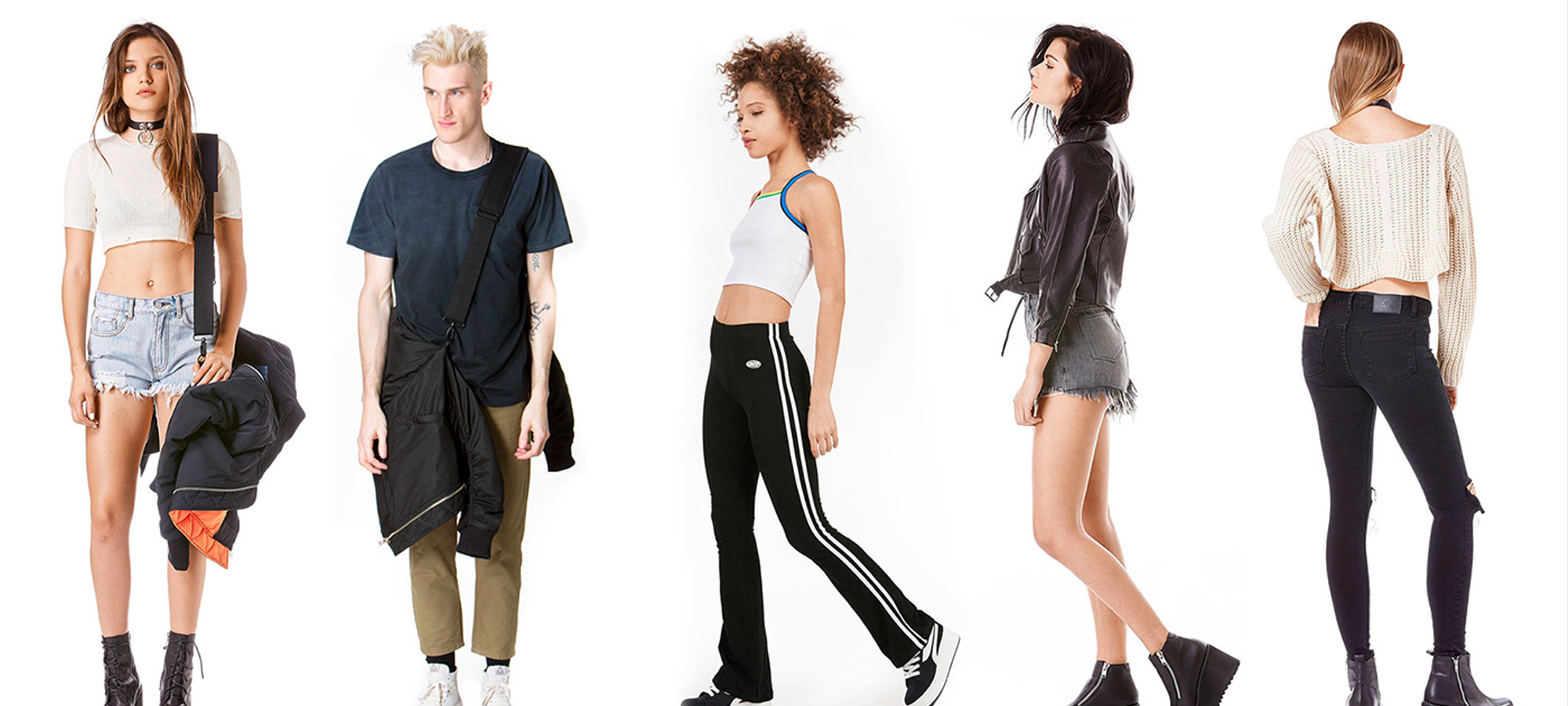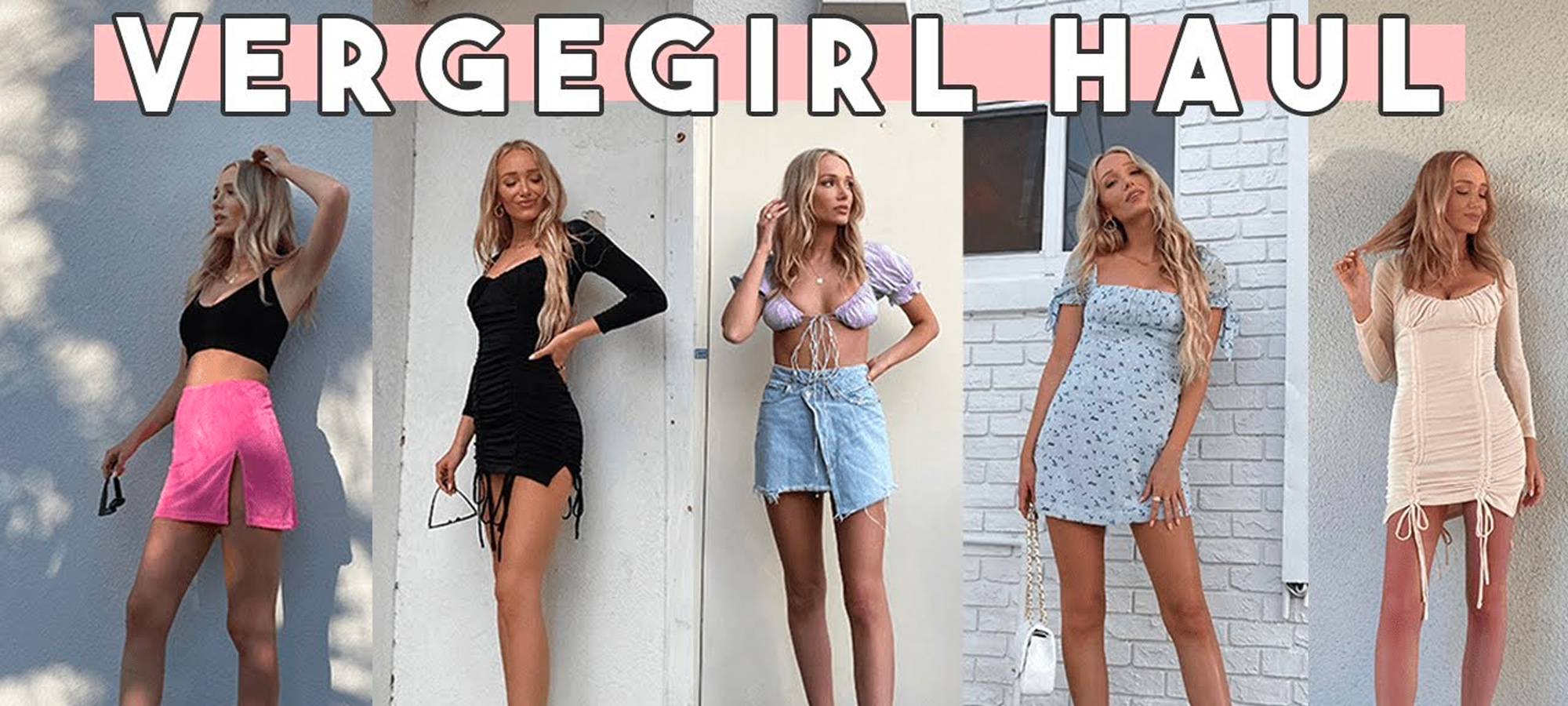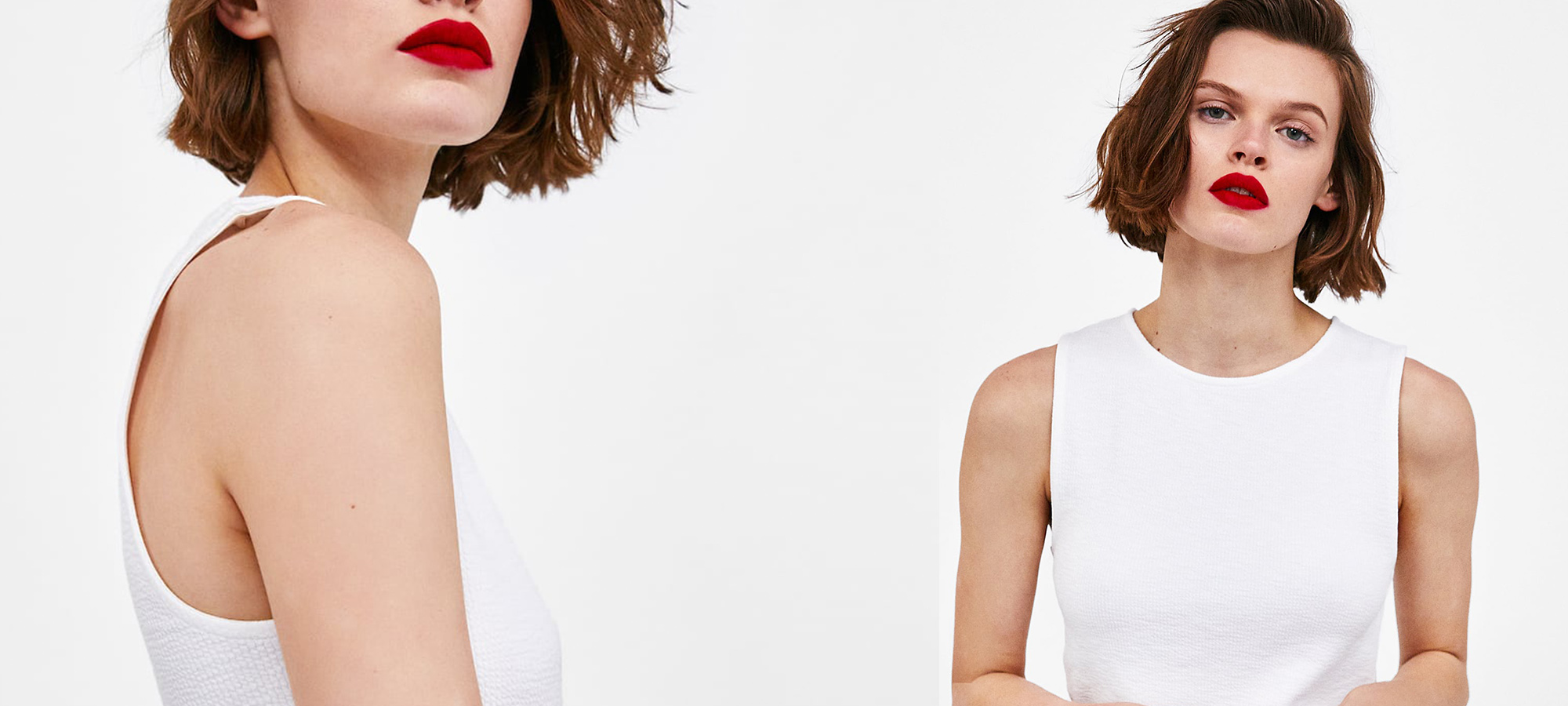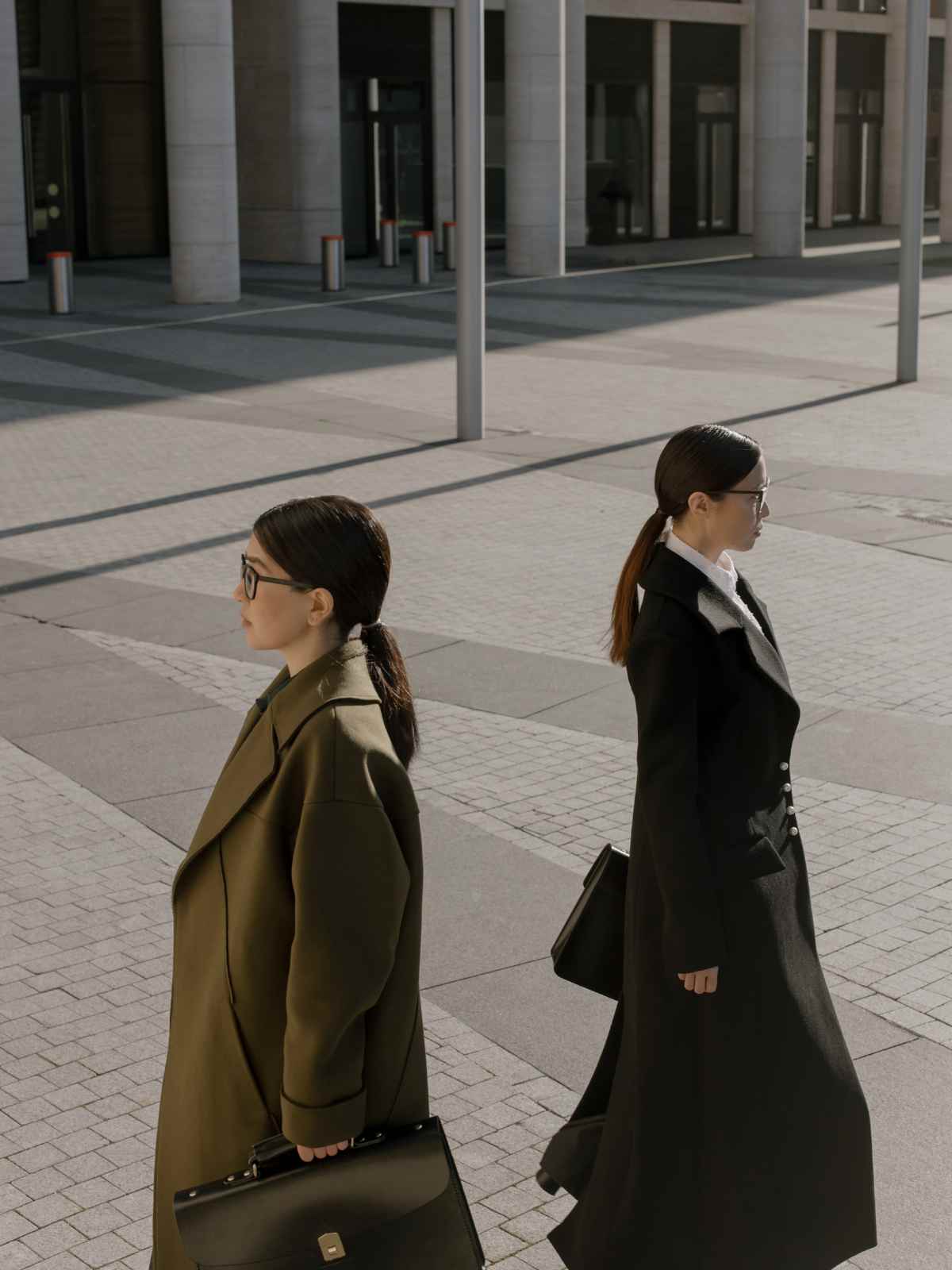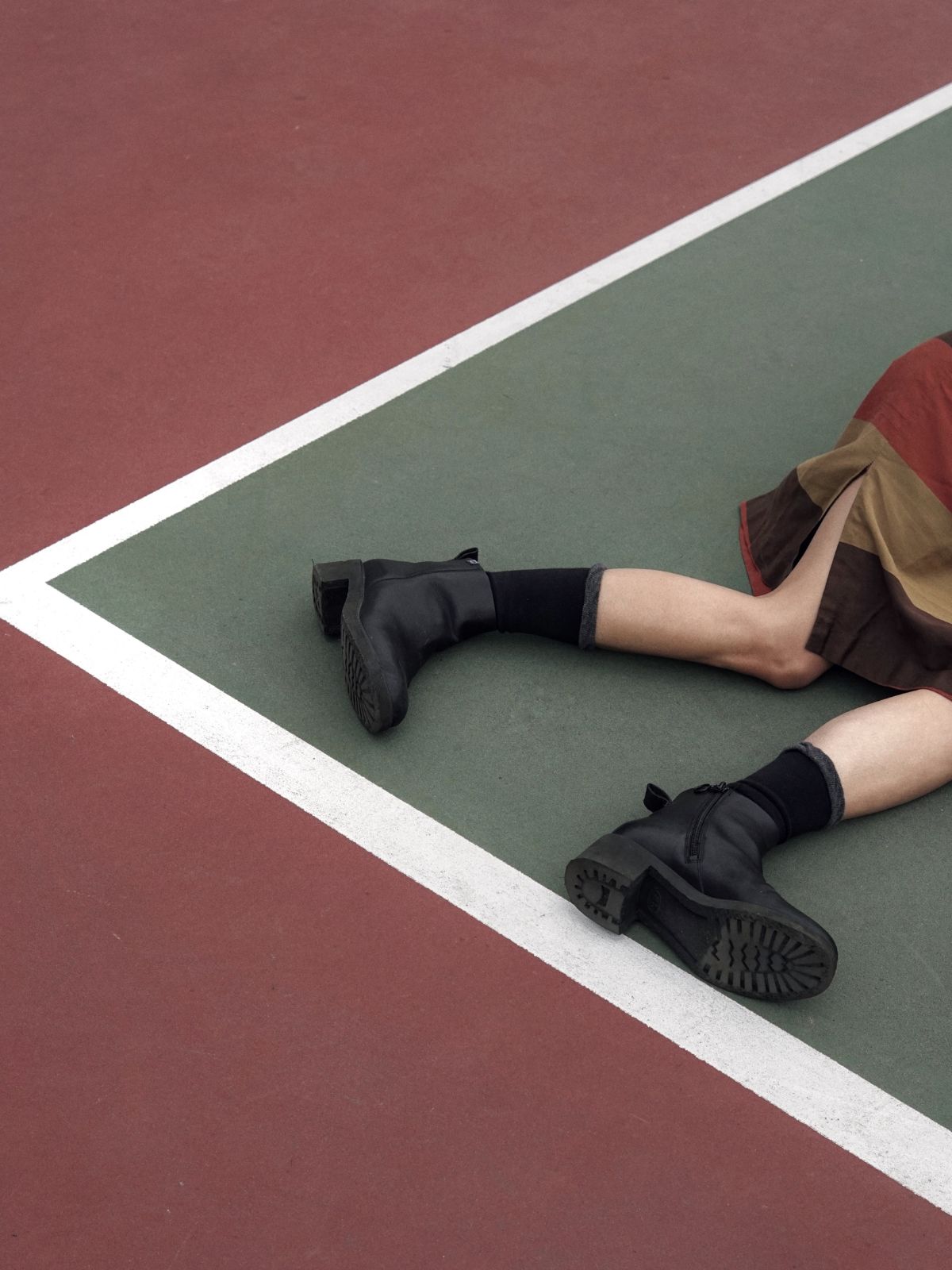Have you ever been scrolling through TikTok #hauls and thought to yourself, this can’t be sustainable, can it? Well, we’ve got answers. We rated the most popular brands on TikTok for their impacts on people, planet, and animals. Here’s how they stack up.
TikTok is a boon for ultra fast fashion
With over 1 billion users, catchy visuals and sounds, and a viral platform where virtually anyone can get famous (@ Charlie D’Amelio), TikTok has revolutionised the way we consume media and fashion. As fun as the platform can be for its many memes, the track records for the brands we see aren’t always so cute.
In this fast-paced digital age, it seems as though the “old-school fast fashion” brands like H&M and Zara are Y2K relics of the past, heavily surpassed in both production and follower count by global monsters like SHEIN and Boohoo. These ultra fast fashion labels have cunningly mastered the art of digital consumption, luring in young consumers with #hauls and #giveaways by utilising data in revolutionary ways.
But as ubiquitous as these brands are on TikTok, it can be hard to find out their true impacts. Well, we’re here to help you peel back the industry’s lack of transparency and see what’s really happening with the brands populating your feed. Here’s what we found: many of these fast fashion brands are exacerbating inequality, exploiting workers, and producing plastic garments that will ultimately end up in landfills.
You ask: “How do the top TikTok brands rate?” Scroll on for answers.





